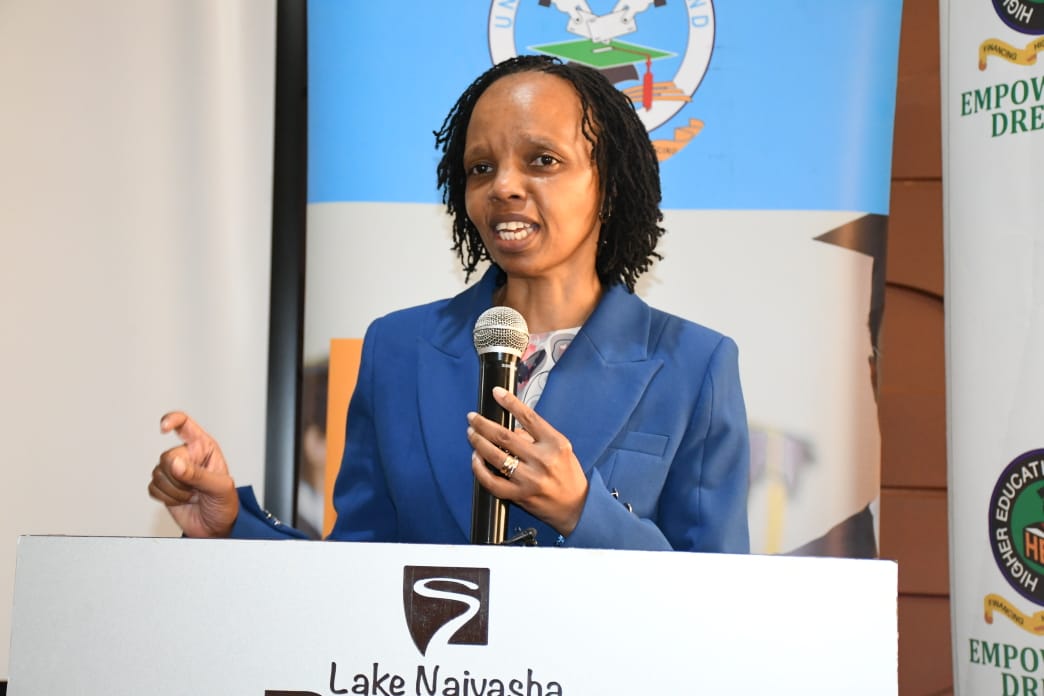Digital sector to pump Ksh662B into economy

The digital sector is expected to contribute Sh662 billion to Kenya’s economy by 2028 thereby creating thousands of new jobs, a new report says.
This fast-growing sector is becoming a key driver of the country’s economic progress, but it will require strategic policy reforms to unlock its full potential.
These reforms include accelerating the adoption of digital technologies across critical sectors like agriculture, manufacturing, transport, and trade.
The report, Driving Digital Transformation of the Economy in Kenya by GSMA, projects that these changes will create 300,000 new jobs and generate an additional Sh150 billion in tax revenues by 2028.
“Adoption of digital technologies across agriculture, manufacturing, transport, and trade is expected to significantly contribute to GDP, create hundreds of thousands of jobs, and generate substantial tax revenues by 2028,” said Angela Wamola, GSMA Head of Sub-Saharan Africa. Digitalisation across both public and private sectors has shown a positive impact on Kenya’s economic growth.
Global value chain
According to the report, it enhances productivity in agriculture, facilitates access to global value chains, and improves the efficiency and transparency of government and public services.
In addition, emerging technologies such as mobile money, artificial intelligence, and cloud computing are driving financial inclusion, which in turn supports overall human development.
Wamola emphasised that digitalisation provides Kenya with an opportunity for sustainable economic growth and structural change. She noted that by embracing digital solutions, Kenya can increase its economic output, improve government revenue, and create new opportunities for both urban and rural populations.
Kenya is already a leader in mobile financial services and digital innovation. The government’s Vision 2030 and the Bottom-Up Economic Transformation Agenda (BETA) both prioritise digital integration as a core component of the country’s long-term economic strategy.
The focus on digitalisation is seen as crucial for sustaining economic growth, diversifying the economy, boosting productivity, and creating high-quality jobs, especially for youth. In 2023, Kenya’s mobile ecosystem contributed Sh1.2 trillion to the national GDP and Sh212 billion in government revenues.
Despite this success, the GSMA report notes that challenges remain, particularly in closing gaps in mobile and digital service accessibility. Addressing these gaps will require bold policy measures to stimulate demand, lower supply costs, and foster greater investments in mobile money services, telecom infrastructure, and digital services.
Continued policy action
Wamola stressed the need for continued policy action, pointing out that while Kenya has made remarkable progress in expanding mobile coverage and services, there are still substantial gaps that must be addressed.
By reducing costs and encouraging investments in digital infrastructure, Kenya can further boost productivity across all sectors, while also creating numerous employment opportunities.
The digital economy offers broad benefits that extend beyond the mobile sector, potentially transforming Kenya’s key industries and positioning the country for future growth and development.
As Kenya continues to embrace digital transformation, it is poised to become a model for how digitalisation can drive economic progress in sub-Saharan Africa.












